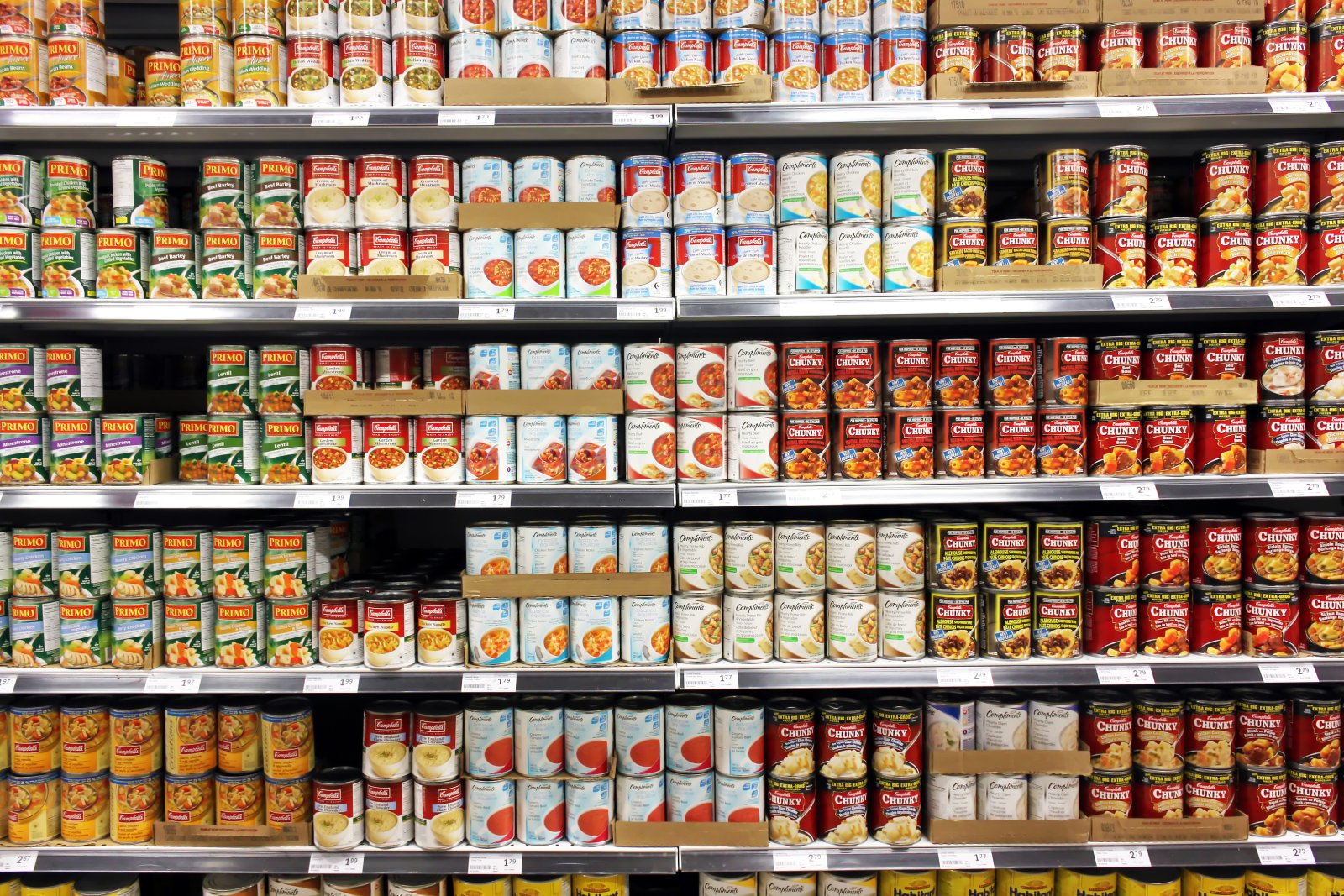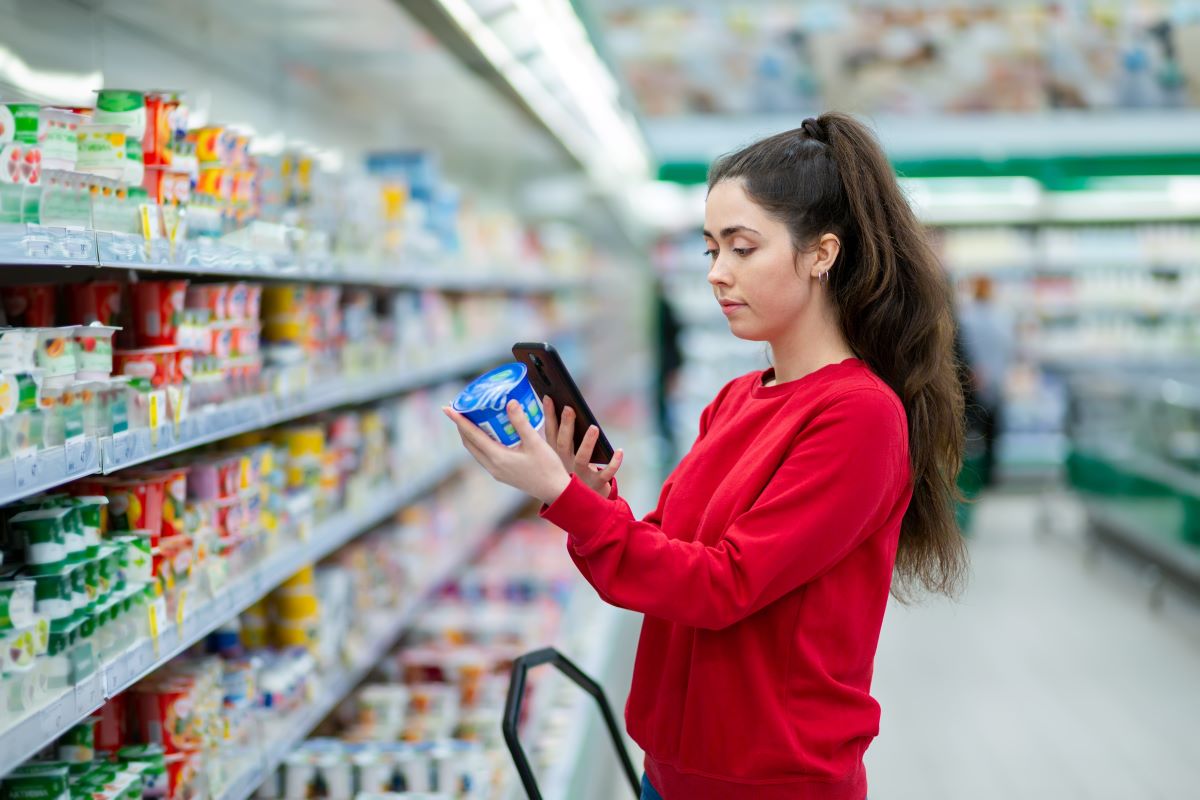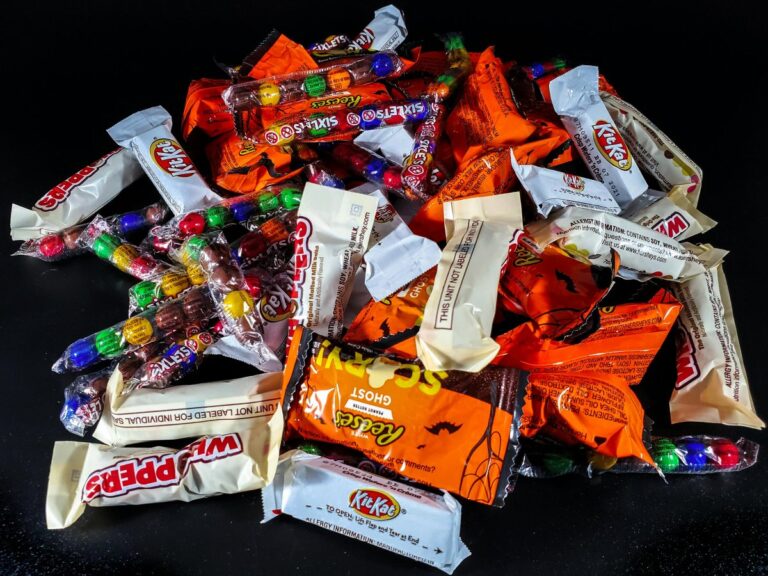18 Foods Linked to Depression You Should Consider Avoiding
Are you or a loved one struggling with depression? Did you know that what you eat can significantly impact your mental health? Certain foods can exacerbate depressive symptoms, making it harder to manage the condition. Here’s a guide to the foods you should avoid to protect your mental well-being.
1. Processed Foods

Processed foods are often high in unhealthy fats, sugars, and additives. Studies have shown that diets high in processed foods can increase the risk of depression. These foods can cause inflammation in the body, which is linked to mood disorders. Opt for whole, unprocessed foods to support your mental health.
2. Refined Sugars

Consuming refined sugars can lead to spikes and crashes in blood sugar levels, which can affect your mood. Research in the American Journal of Clinical Nutrition found that high sugar intake is associated with a higher risk of depression. Avoid sugary snacks, sodas, and desserts to keep your mood stable.
3. Artificial Sweeteners

Artificial sweeteners like aspartame can interfere with neurotransmitter function and worsen depressive symptoms. A study in the Journal of Biological Psychiatry found that aspartame can negatively impact mood and cognitive function. Use natural sweeteners like honey or maple syrup instead.
4. Trans Fats

Trans fats, found in many fried and packaged foods, can cause inflammation and increase the risk of depression. According to research in the Public Health Nutrition, diets high in trans fats are linked to higher rates of depression. Avoid foods like margarine, baked goods, and fast food.
5. High-Sodium Foods

High-sodium foods can disrupt your body’s electrolyte balance and impact your mood. A study in Hypertension suggests that excessive sodium intake can lead to increased anxiety and depression. Limit processed meats, canned soups, and salty snacks.
6. Alcohol

Alcohol is a depressant and can worsen depressive symptoms. Research in Alcohol Research & Health shows that alcohol consumption can lead to mood swings, anxiety, and depression. Limit your intake or avoid alcohol altogether to protect your mental health.
7. Caffeine

While caffeine can give you a temporary boost, it can also lead to increased anxiety and disrupt sleep patterns, contributing to depression. A study in the Journal of Clinical Psychiatry found that excessive caffeine intake can worsen depressive symptoms. Keep your caffeine consumption moderate.
8. Cheese

For some people, especially those who are lactose intolerant or sensitive, cheese can cause mood swings and depressive symptoms. The Journal of Affective Disorders reports that dairy sensitivities can contribute to depression. Monitor your response to dairy products and consider alternatives if necessary.
9. Gluten

Gluten sensitivity or celiac disease can lead to depressive symptoms in some individuals. Research in Alimentary Pharmacology & Therapeutics found that a gluten-free diet improved depressive symptoms in those with gluten sensitivity. Consider testing for gluten intolerance if you notice mood changes after consuming gluten.
10. Red Meat

High consumption of red meat can be linked to increased inflammation and depressive symptoms. A study in Psychotherapy and Psychosomatics suggests that reducing red meat intake can improve mood. Opt for lean proteins like chicken, fish, or plant-based sources.
11. Processed Meats

Processed meats, such as sausages and deli meats, contain nitrates and preservatives that can affect mental health. According to research in the Journal of Nutrition and Health, these additives can contribute to depressive symptoms. Choose fresh, unprocessed meats to support your mood.
12. Soy Products

Soy contains phytoestrogens, which can disrupt hormone levels and impact mood. A study in Hormones and Behavior indicates that high soy consumption can worsen depressive symptoms, particularly in women. Monitor your soy intake and consider alternatives if needed.
13. Fast Food

Fast food is often high in unhealthy fats, sugars, and additives that can contribute to depression. The Public Health Nutrition journal highlights the link between fast food consumption and increased depression rates. Prepare meals at home using fresh ingredients to avoid these triggers.
14. Aspartame

Aspartame, a common artificial sweetener, has been linked to mood disturbances. Research in the Journal of Behavioral and Brain Research shows that aspartame can affect neurotransmitter levels and worsen depression. Avoid diet sodas and products containing aspartame.
15. High-Fat Dairy Products

High-fat dairy products can contribute to inflammation and depressive symptoms. A study in Nutrition Research found that high-fat dairy consumption is associated with increased depression. Choose low-fat or non-dairy alternatives to reduce this risk.
16. Processed Grains

Processed grains, such as white bread and pastries, can cause blood sugar spikes and crashes, affecting mood stability. According to research in the American Journal of Clinical Nutrition, these fluctuations can increase the risk of depression. Opt for whole grains to maintain stable blood sugar levels.
17. Soda

Soda, both regular and diet, contains high levels of sugar and artificial sweeteners that can negatively impact mood. The Journal of Psychiatric Research indicates a strong link between soda consumption and depression. Replace soda with water, herbal teas, or natural fruit juices.
18. Fried Foods

Fried foods are often cooked in unhealthy oils that can increase inflammation and contribute to depression. A study in Public Health Nutrition shows that high consumption of fried foods is linked to higher depression rates. Bake, grill, or steam foods instead of frying them.
Are You Doing Enough?

Are you mindful of what you and your loved ones are eating? Checking food labels, understanding the impact of certain foods, and making informed dietary choices can significantly influence mental health. Don’t let harmful foods exacerbate depression. It’s time to take control and make better choices for a healthier mind.
Banned in the USA: 14 Everyday Items We Can’t Have

Ever feel like America’s rulebook was written by someone with a dartboard? Across the pond or down under, things get even wackier. Let’s take a walk on the wild side of global “Do’s” that are definite “Don’ts” in the Land of the Free. Are you ready to find out just how bizarrely different the world can be? Banned in the USA: 14 Everyday Items We Can’t Have
Gone From the Shelves: Why 18 American Staples Vanished

Over the years, various foods that were once staples in American kitchens have been banned or are no longer allowed to be sold due to health, environmental, or ethical reasons. Here’s a list of 18 such items, detailing why they’ve been pulled off the market. Do you remember any of these? Gone From the Shelves: Why 18 American Staples Vanished
Eat & Drink at Your Own Risk: 20 Foods to Keep Away From Your Family

When it comes to food and drinks, not all choices are created equal. Some items on the shelves are so bad for your health that they’re almost legendary. Here’s a list of some of the absolute worst food and drink products—specific brands included—that you might want to avoid at all costs if you care about your nutritional intake. Eat & Drink at Your Own Risk: 20 Foods to Keep Away From Your Family
Featured Image Credit: Shutterstock / Drazen Zigic.
The content of this article is for informational purposes only and does not constitute or replace professional advice.
The images used are for illustrative purposes only and may not represent the actual people or places mentioned in the article.







